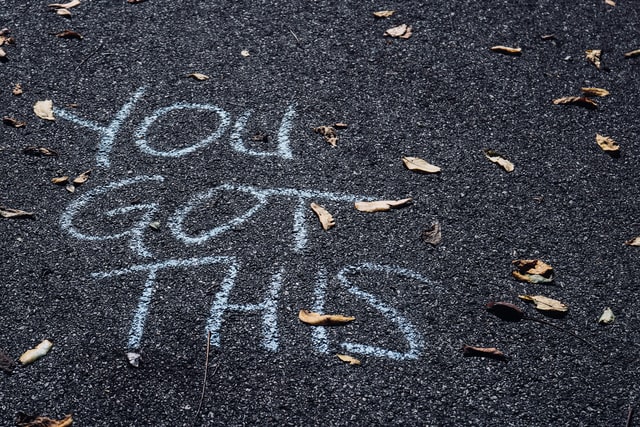How to Reflect on Your Sales Strategies
Now that everything in the world feels very quiet, many professionals and business owners are spending more time with their thoughts and investing in personal development. If you currently have more time on your hands than usual, you should be using that time to assess your current approach to sales and brainstorm ways you can improve it.
If you’re not the type of person who feels comfortable with self-reflection, you may be holding yourself back from success. By sticking with the status quo, you’re keeping yourself in a space of mediocrity, feeling satisfied with how things are instead of striving for something better. So how can you get started with the process of reflection and self-assessment?
In this article, we’ll share some actionable tips you can start practicing today.
Create a New Habit: Reflect Right After a Sales Call
The most effective way to change is to create a new daily habit. If you want to improve your self-reflection and your sales strategies, you need to implement a daily time for self-reflection. The best time to engage in self-reflection is immediately after a sales call.
Assuming your sales pipeline isn’t completely empty and that your sales haven’t come to a screeching halt, you can start getting into the habit of reserving a few minutes after every sales call for an assessment. To make the process easier, you can create a template that you follow after every call; you can even include your assessment notes alongside customer notes in your CRM.
In this template, add questions like “How do you think that call/meeting went?” and “What did you forget to say that could have made a difference?” Jot down any questions you think would help you uncover weak points in your performance.
It may also be helpful to look at your past performance reviews to see what supervisors have said. If they noted any tendencies or areas for improvement, be sure you include these in your self-reflection questions. Creating this new habit may be difficult at first, but it will soon become second nature as long as you commit to practicing it.
Not only will making self-reflection a habit improve your sales performance, but it will also let those around you see that you are focused on improving as a professional. It will indicate to those you work with that you are not stagnant; you are consistently looking for ways to improve.
These are valuable assets to demonstrate and may lead to more open opportunities later on in your career.
Review Your Sales Patterns at Regular Intervals
Set a date for yourself, either weekly or once a month, to review the assessments you’ve completed.
Over time, you may start to notice a pattern. For example, you always forget to mention one particular feature of your product. Or, you forget to listen more than you talk. Be brutally honest with yourself about the patterns you see, and then make a game plan for how you will improve your performance on future calls.
If it helps, you may want to write bullet-point reminders on an index card that you stick to your desk or wherever you make your calls. This will give you a visual to associate with this task. Instead of having to remember it yourself, you will have a physical prompt at the point of performance to remind you to stick to your habit.
Think of it as setting a reminder on your phone, except it’s a visual cue on your desk. Over time, these reviews will become a habit.
Roleplay Your Sales Strategies with Peers
Once you feel like you’ve worked out your own kinks, you may want to roleplay some sales calls with your trusted peers.
Deliver your sales pitch to your colleague and then ask him or her to provide some honest feedback. That person may be able to notice things that you haven’t noticed before. Ask colleagues to play out both normal and difficult scenarios. Use examples from your own experience.
You probably don’t need as much feedback on handling a call in which your audience is interested and polite. So be sure you spend time on other situations, like a client being disinterested, pressed for time, or having follow-up questions to which you do not know the answer. Afterward, you can return the favor and critique your colleague’s sales pitch.
Use Your Self-Reflection to Think Beyond Your Sales Strategies
Self-reflection is a useful habit both in and outside of the workforce.
Self-reflection first takes self-awareness: you need to be aware of your attributes, flaws, and patterns. Then you can reflect on situations where these came into play. Reflection enables you to not repeat the same destructive patterns and grow from each experience. However, it takes a level of emotional maturity to reflect on your performance both in and out of work.
You need to be in a growth mindset where you’re willing to be honest about what you could have done differently or how you reacted to a situation. Using this willingness to grow, self-awareness, and emotional maturity, you can begin to improve using self-reflection.
Use this self-reflection to examine your personality traits as well. How much do you have in common with successful entrepreneur personality types? How can you improve the beneficial traits you do have while letting go of the traits that just don’t fit who you are?
Latest posts by FollowUp (see all)
- CRM Integrations: Sometimes Less Is More - March 18, 2021
- Becoming an Account Executive in 5 Totally-Doable Steps - January 29, 2021
- 3 Bad Sales Techniques You Should Give Up Right Now - December 28, 2020



